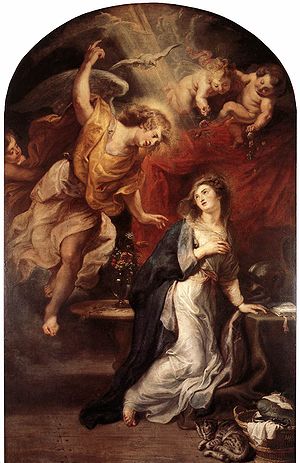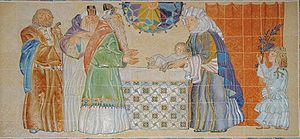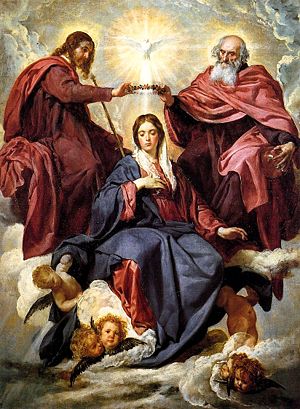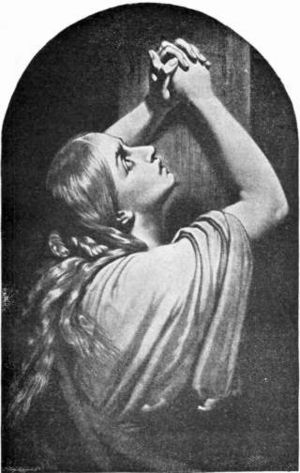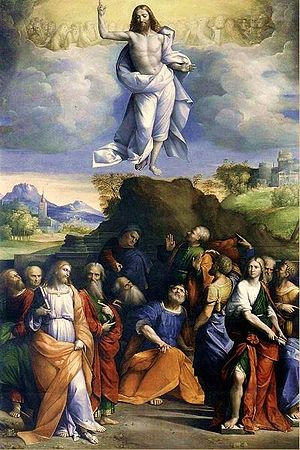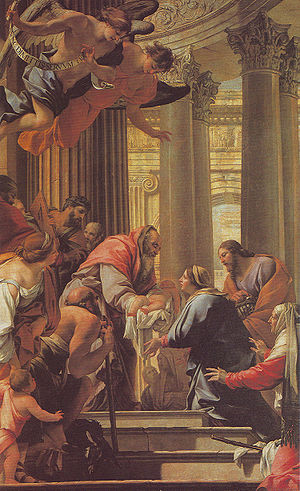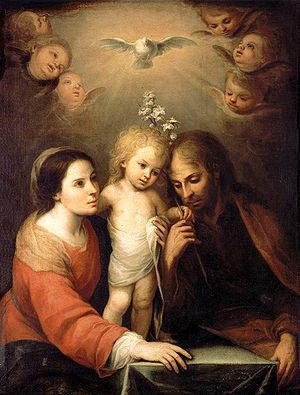Mary’s July Medjugorje messages focus on the idea of “surrendering” to God. There are many rosary mysteries that center around putting our faith in the Lord and His divine plan for each of us.
Mary’s message at Medjugorje on July 2, 2010:
Dear children, my motherly call, which I direct to you today, is a call of truth and life. My Son, who is Life, loves you and knows you in truth. To come to know and to love yourself, you must come to know my Son; to come to know and to love others, you must see my Son in them. Therefore, my children, pray, pray, that you may comprehend and surrender with a spirit that is free, be completely transformed and, in this way, may have the Kingdom of Heaven in your heart on earth. Thank you!
Mary says that we must have the Kingdom of Heaven in our hearts here on earth. Her statement reminds me of the Third Luminous Mystery where Jesus proclaims His Kingdom and calls us all to conversion. Mary, in Her message, and Jesus, in that rosary mystery, both say that we need to convert or “transform” our lives by orienting them towards God. How do we do that? Mary says that we must pray and surrender ourselves to God’s will. When we pray and make our hearts open to God we mimic the Apostles in the Third Glorious Mystery when the Holy Spirit came to them. The Holy Spirit guides us and empowers us to do God’s will. However, in order for us to be truly transformed, we have to silence all those earthly distractions so we can hear and see God in our lives. Those distractions include earthly pursuits of money, power, lust, greed, and anything else that orients us to live solely for this world. Mary challenges us to give up our earthly desires since they blind us from the truth of Jesus Christ.
Mary’s message at Medjugorje on July 25, 2010:
Dear children! Anew I call you to follow me with joy. I desire to lead all of you to my Son, your Savior. You are not aware that without Him you do not have joy and peace, nor a future or eternal life. Therefore, little children, make good use of this time of joyful prayer and surrender. Thank you for having responded to my call.
Again, Mary uses the word “surrender” like She did in the July 2nd message. She does not ask us to surrender in the traditional sense of the word as in surrendering because we are beaten down and defeated. Instead she asks us to surrender to God by saying to him through our actions, “thy will be done.” Much like Mary in the Annunciation, surrendering to God means opening ourselves to lead the life He plans for each one of us. Instead of fighting God’s plan by falsely believing that we know better, we acknowledge that true happiness is only found though God. Mary and the saints know this and all they desire is that we come to know this simple fact as well. This type of surrender isn’t meant to beat us down and make us slaves. On the contrary, this surrender actually lifts us up into a state of grace because we forge a closer relationship with the Lord. All we need to do is put our faith and trust in God to follow the path He lays before us knowing that it will ultimately lead us to eternal life in Heaven.
Related articles by Zemanta
- Medjugorje and Our Lady’s Words About Abortion: (deaconforlife.blogspot.com)
- National Medjugorje Conference to Attract Thousands to Notre Dame and South Bend (prweb.com)
- Medjugorje seers may go to Vatican to testify (beliefnet.com)
- Homily for July 25, 2010: 17th Sunday in Ordinary Time (beliefnet.com)
- The Model Prayer: Our Daily Bread (anointedplace.wordpress.com)


